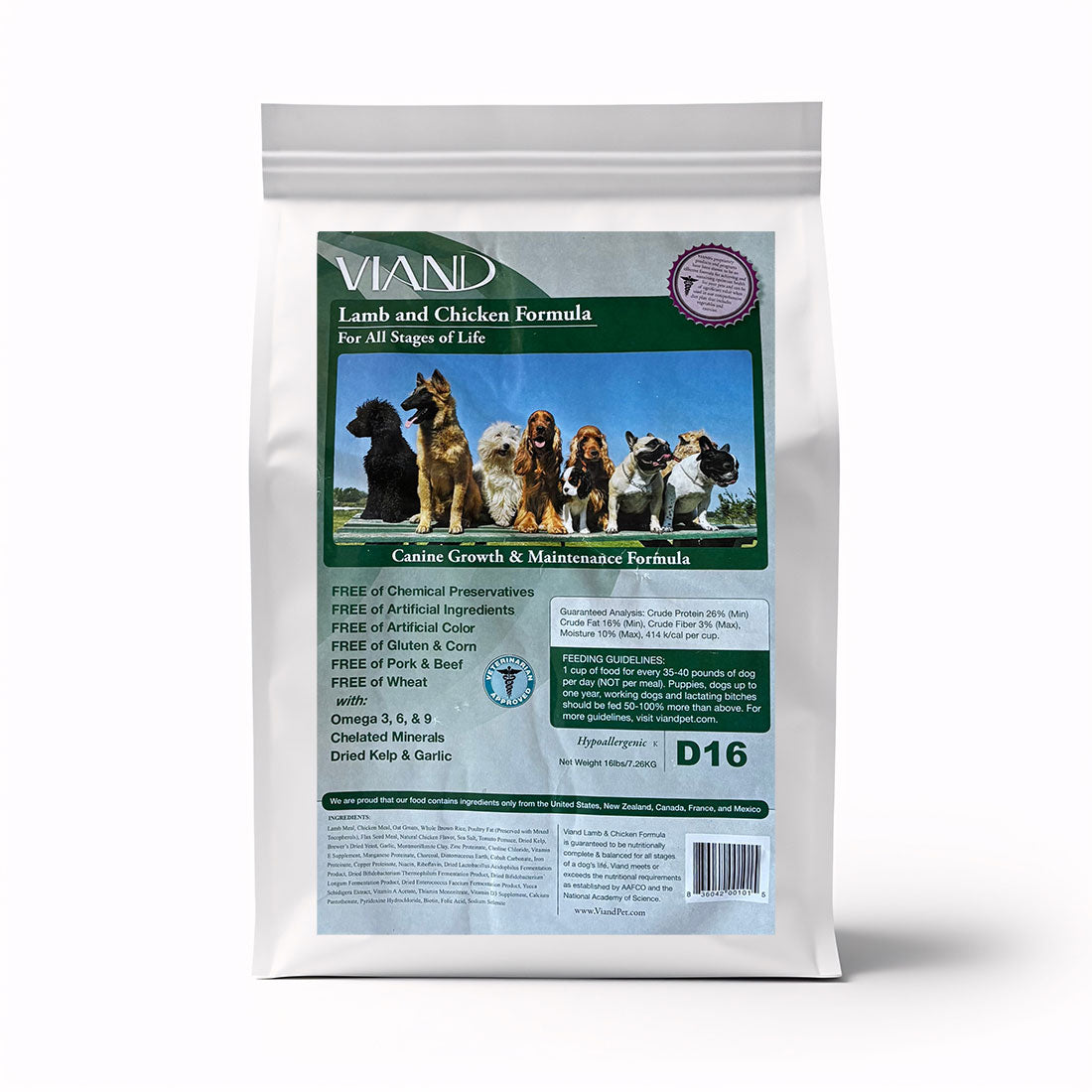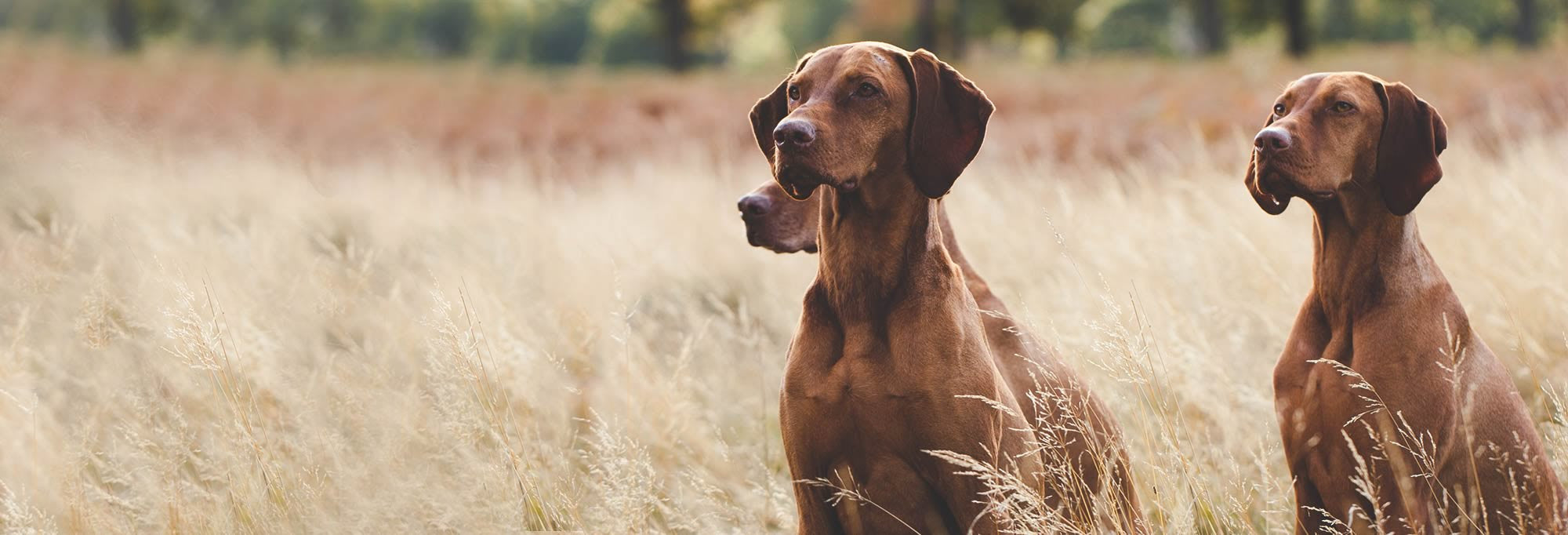

· By Scott Pollak
When Your Dog Bites: Understanding, Healing, and Moving Forward
It’s a scenario no dog owner wants to face: your beloved pet bites someone. The immediate aftermath is a whirlwind of emotions—shock, guilt, fear, and confusion. But it's essential to remember that a bite doesn't necessarily mean your dog is "bad" or beyond help. With understanding and the right approach, many dogs can be guided back to safe and happy lives.
Why Do Dogs Bite?
Dogs communicate primarily through body language. When they feel threatened, stressed, or in pain, biting can become a defense mechanism. Common triggers include:
-
Fear or Anxiety: Unfamiliar situations or people can make a dog feel cornered. Top 10 Home Remedies
-
Pain or Illness: A sick or injured dog might bite if touched in a sensitive area.
-
Protectiveness: Guarding food, toys, or territory can lead to aggressive behavior.
-
Overstimulation: Excessive excitement during play can escalate to biting. BarkBusters.com
Recognizing these triggers is the first step in prevention and rehabilitation.
Immediate Steps After a Bite
-
Ensure Safety: Secure your dog to prevent further incidents.
-
Attend to the Victim: Provide first aid and seek medical attention if necessary.
-
Document the Incident: Note the circumstances, gather witness accounts, and take photos if applicable.
-
Consult Professionals: Reach out to your veterinarian to rule out medical issues and consider consulting a certified dog behaviorist.
Long-Term Management and Rehabilitation
Addressing the root cause of the biting behavior is crucial:
-
Behavior Modification: Implement training techniques that focus on positive reinforcement to reshape your dog's responses.
-
Avoid Punishment: Physical punishment can exacerbate aggression. Instead, focus on building trust and reducing stressors.
-
Controlled Exposure: Gradually introduce your dog to situations that previously triggered aggression, ensuring each experience is positive. Penn State Health
-
Professional Guidance: A certified dog trainer or behaviorist can provide tailored strategies to address specific issues.
Prevention Tips
-
Socialization: Expose your dog to various environments, people, and other animals from a young age.
-
Understand Body Language: Learn to recognize signs of stress or discomfort in your dog.
-
Establish Routines: Consistent feeding, walking, and playtimes can provide a sense of security.
-
Educate Family Members: Ensure everyone interacting with your dog understands appropriate behavior and boundaries.
Final Thoughts
A biting incident is undoubtedly serious, but it doesn't define your dog's entire character. With patience, understanding, and the right resources, many dogs can overcome aggressive tendencies and continue to be loving companions. Remember, seeking professional help is a sign of commitment to your dog's well-being and the safety of those around you.


